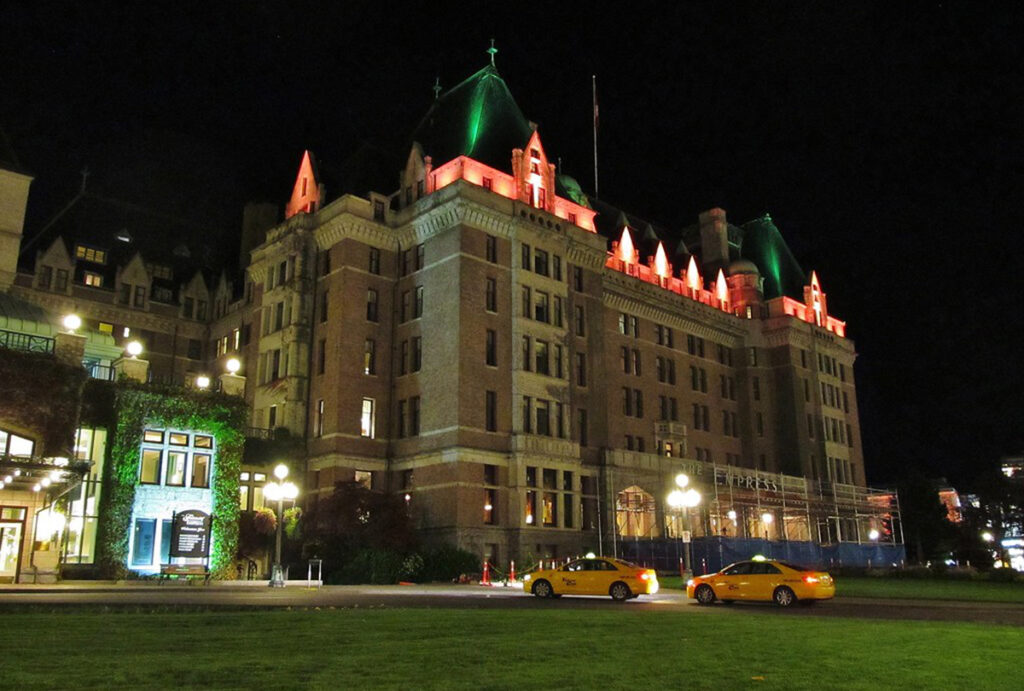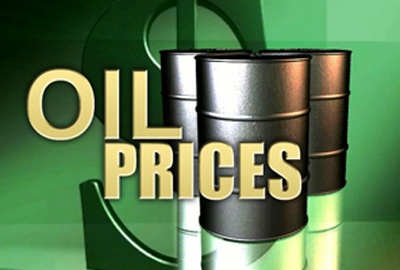Our Margareta Dovgal on our energy diet, and where our future power will come from.

By Margareta Dovgal
British Columbians have a hefty “energy diet”.
It starts at home (which might be heated with electricity but far more likely natural gas) and is lit with electricity.
Add in the hot water (provided thanks to electricity or natural gas), the coffee maker or kettle, the oven, and the microwave. Your breakfast food meant more energy was consumed in producing it and shipping it, perhaps from overseas, to your local store.
Multiply that by a good two million houses and something like a million apartments, and BC merely starts the day with a strong demand for energy.
Then, as you drive to work or take the bus, you’re using more energy.
And, of course, there are all those major energy users out there. One could be your employer, or a service you rely on, if you go to a school or hospital, they all need energy. And then we’re producing goods and services, shipping goods, and travelling. All of those eat up energy.
As well, we are producing energy products and exporting energy products to the world. All of that is energy intensive.
In short, our entire economy, provincial and national, depends on energy. We rely on energy being ample, easily accessed and secure.
But there are challenges. One reality is that in the last year, due to drought conditions in northeast BC, we have been importing electricity from the United States at an unprecedented rate.
True, we are working toward production of power from the Site C dam in 2025. That will provide enough energy to power about 450,000 homes. That will help.
But research from the North American Electric Reliability Corporation is saying that British Columbia is facing increased energy risks in 2026, because forecasted demand is going to increase and natural gas fired generation is retiring.
So that’s a real concern.
The chair of our Resource Works’ Energy Futures Institute, Barry Penner is highly concerned. He’s saying that if our energy system ceases to be reliable, we could find ourselves facing an energy crisis, with a significant impact on BC residents and businesses alike.
In his words: “We currently don’t have enough domestic power generation to meet the needs of today, even before additional electrification in the future. Reliance on imported energy from jurisdictions dealing with their own challenges could put British Columbians at risk of electricity shortages and higher user costs.”
Penner hopes to hear from members of the public, to better understand their priorities.
We’re looking at all the implications of choices that have already been made for BC’s energy system, and at what choices are still ahead. Some of these have already been baked into policies, some have been proposed, and some are just being entertained or considered.
It’s a changing landscape. There’s a lot of stuff at play right now. World conditions, world economies, energy security, and geopolitics are somewhat different from even a decade ago.
There are a lot of options on the table. It all comes down to a series of alternatives, and we’re going to publish some research pieces that dive into these issues.
In a sense, it boils down to what kind of economy we want to have into the future.
We have enjoyed for almost all of our existence an economy that has been largely supported by natural-resource development for the world. That’s the base of British Columbia’s strength and the fundamental prosperity that has enabled Canada and Canadians to have our high quality of life.
As the world has changed, as technologies has evolved, as our priorities with things like climate change have changed as well, there has been a shift in all this, but the fundamentals remain true: We still rely on the production of forestry products, natural gas products, transportation of oil products, and mining and minerals.
We have LNG Canada coming online in 2025, Woodfibre LNG in 2027, and two LNG projects led by First Nations are proposed, Cedar LNG from the Haisla Nation and Ksi Lisims LNG from the Nisga’a Nation.
Those have the potential to help decarbonize economies overseas, especially in Asia, and to help the global transition away from coal.
And as we further roll into our efforts to combat climate change, and into the global energy transition, there are other types of innovations and products that some BC businesses are offering to the world. They’re employing people, they’re creating opportunities for communities, and they include First Nations that are really keen to get more involved in the economy.
But we do need to understand where we want to land in the long term. And that also relates to the essential questions on energy: What do we think our energy needs are going to be? What is reasonable? What is understood by voters? And what sort of policies will we need to enable the energy future?
How will we generate or obtain more power and transmission lines? Are we comfortable looking at alternatives? What is all this going to mean for major consumers? How much do we want to mandate? It’s a complicated puzzle.
I would really encourage everyone who has thoughts on all this, and is interested in engaging on it, to head over to the Resource Works website and to sign up for updates on the Energy Futures Institute.
Listen to Margareta Dovgal on these issues, and more, on Vancouver’s Spice Radio: https://ow.ly/rFO150RfO7x
Share This:



